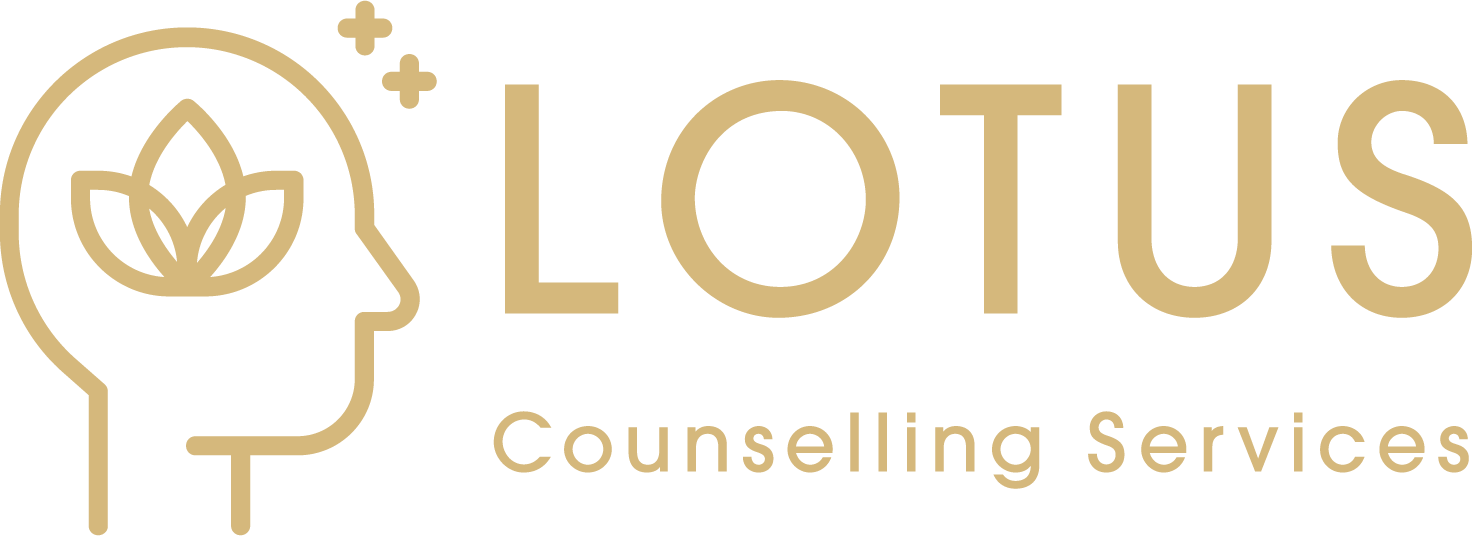
Addiction Counselling
Introduction
Addiction is a disease that affects millions of people worldwide. It can destroy lives, relationships, and careers, leaving the person feeling helpless. Addiction counselling is a proven approach to help people overcome addiction and regain control of their lives. This guide will explore everything you need to understand about addiction counselling and how it can help you or your loved one.
What is Addiction Counselling?
Addiction counselling is a therapy that helps individuals struggling with addiction overcome their dependency on drugs, alcohol, or other substances. It involves various evidence-based techniques designed to identify the root causes of addiction, develop coping strategies, and prevent relapse.
Types of Addiction Counselling:
There are different types of addiction counselling, each with its unique approach. Some of the most common types include:
Cognitive Behavioural Therapy (CBT): This therapy focuses on changing negative thought patterns and behaviours to promote positive change.
Motivational Interviewing (MI): This approach aims to enhance an individual's motivation to change and commit to the recovery process.
Dialectical Behavioural Therapy (DBT): This type of therapy combines elements of CBT and mindfulness practices to help individuals regulate their emotions and improve interpersonal relationships.
Family Therapy: This approach involves working with the individual's family members to address the impact of addiction on the family dynamic and promote healing.
Who Can Benefit from Addiction Counselling?
Addiction counselling can benefit anyone struggling with addiction, regardless of the severity of their addiction. It can help individuals who have recently started using substances or those who have been working with addiction for many years. Addiction counselling can also help those who have a co-occurring mental health disorder, such as anxiety or depression, which may be contributing to their addiction.
What to Expect in Addiction Counselling Sessions:
Addiction counselling sessions typically involve a one-on-one meeting with a licensed therapist or counsellor. During these sessions, the therapist will work with the individual to identify the underlying causes of their addiction and develop coping strategies to overcome their dependency. The therapist may also provide education on addiction and recovery, as well as help the individual develop a relapse prevention plan.
How Long Does Addiction Counselling Take?
The duration of addiction counselling varies depending on the individual's unique needs and circumstances. Some people only need a few sessions, while others require ongoing counselling for several months or years.
How Effective is Addiction Counselling?
Addiction counselling is a practical approach to treating addiction. According to a study published in the Journal of Substance Abuse Treatment, addiction counselling can help individuals reduce their substance use, improve their mental health, and increase their overall quality of life.
What is a Relapse Prevention Plan?
A relapse prevention plan is a personalized plan that an individual develops with their therapist to prevent relapse. This plan typically includes identifying triggers and developing strategies to manage them, establishing a support network, and setting achievable goals for recovery.
How Much Does Addiction Counselling Cost?
The cost of addiction counselling varies depending on several factors, including the location, the therapist's qualifications and experience, and the type of counselling provided. Many insurance plans cover addiction counselling; some clinics offer sliding-scale fees based on income.
Frequently Asked Questions About Addictions Counselling
Can I receive addiction counselling online?
Yes, many therapists and counselling centres offer online addiction counselling sessions.
Is addiction counselling only for drug and alcohol addiction?
No, addiction counselling can help individuals struggling with addiction, including gambling, sex, and food addiction.
What qualifications should an addiction counsellor have?
An addiction counsellor should have a minimum of a master's degree in counselling or a related field and be licensed or certified in addiction counselling. Choosing a counsellor with experience working with individuals struggling with addiction and with who you feel comfortable talking is essential.
Will addiction counselling be able to cure my addiction?
While addiction counselling can help individuals overcome their dependency on substances or behaviours, it's important to remember that addiction is a chronic disease. There is no one-size-fits-all approach to addiction treatment, and it often requires ongoing care and support.
Can I bring a support person to my addiction counselling sessions?
Yes, many addiction counsellors encourage clients to bring a support person to their sessions. This can be a friend, family member, or someone who can provide encouragement and support throughout recovery.
Conclusion
Addiction counselling can be a life-changing experience for those struggling with addiction. It provides tools and supports individuals to overcome dependency on substances or behaviours. By understanding what addiction counselling is and what to expect in sessions, you can take the first step towards breaking free from addiction.

